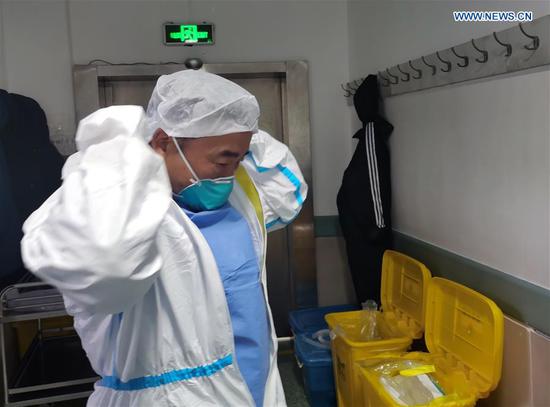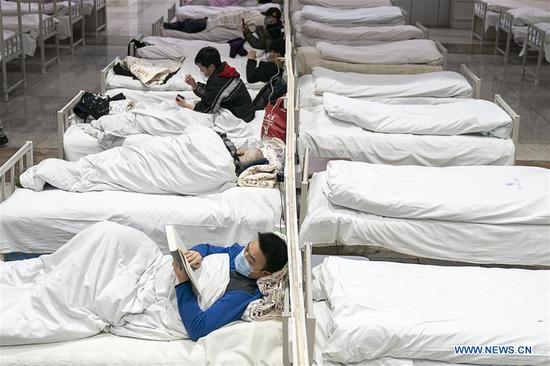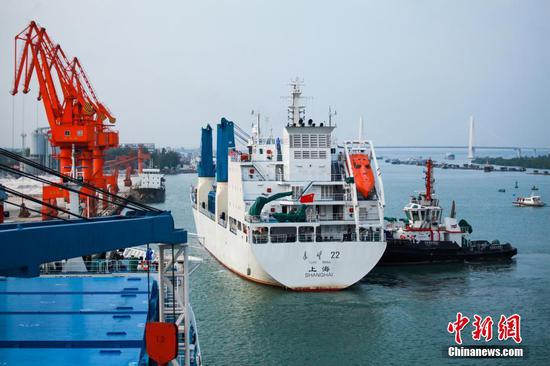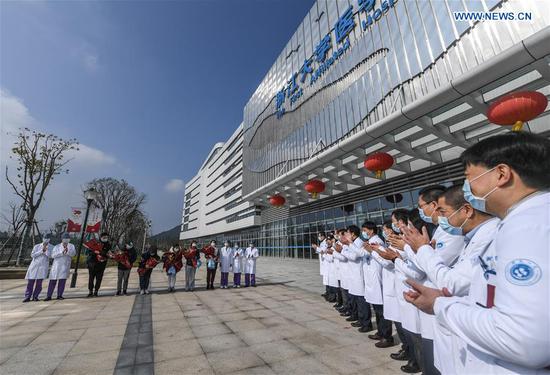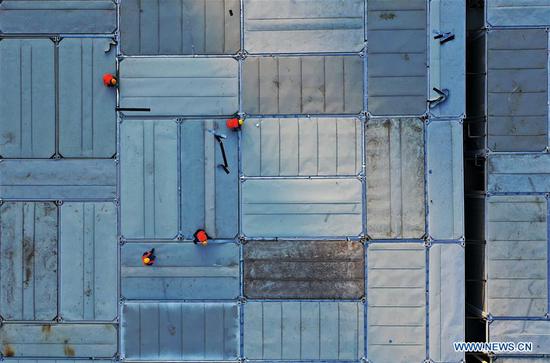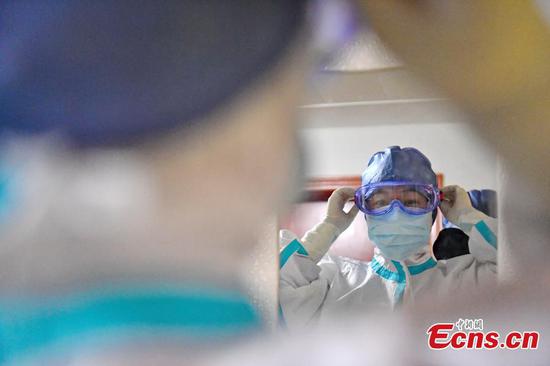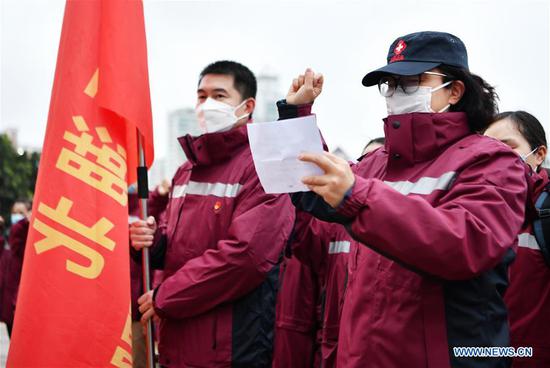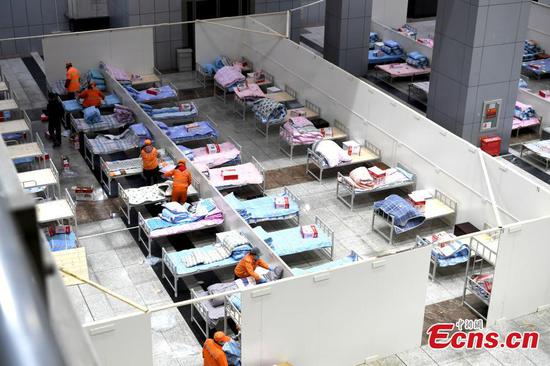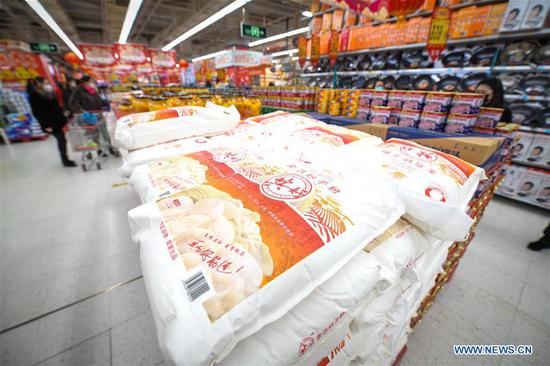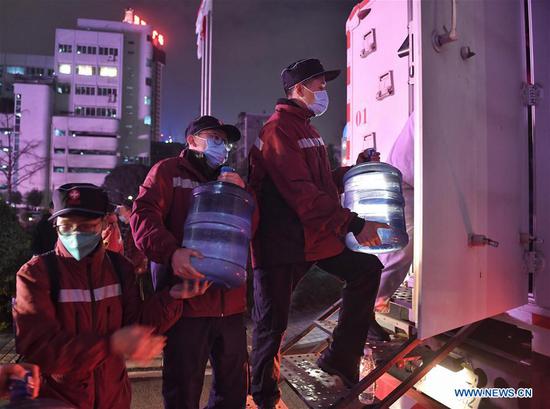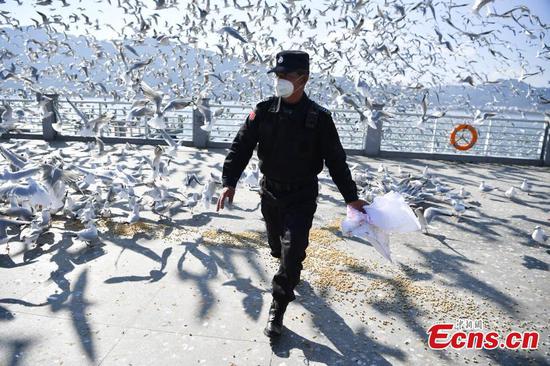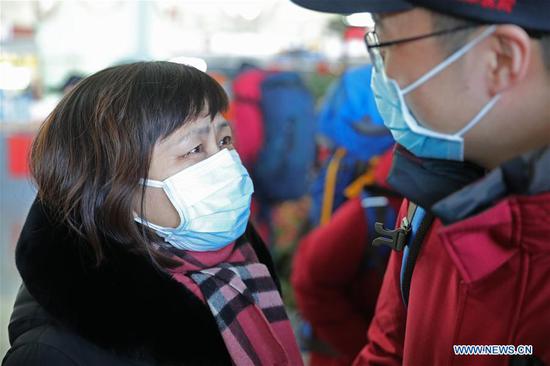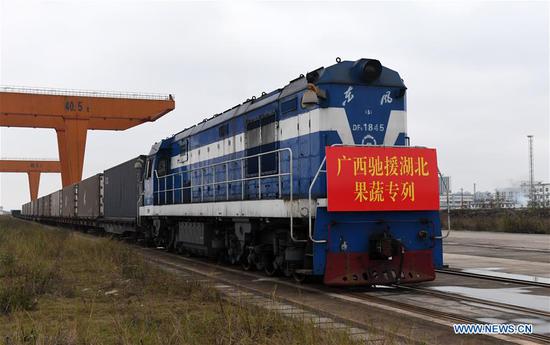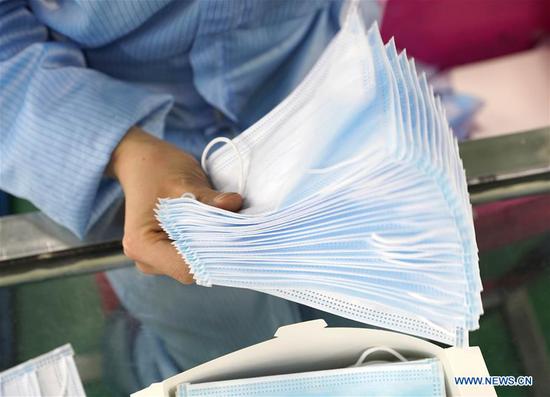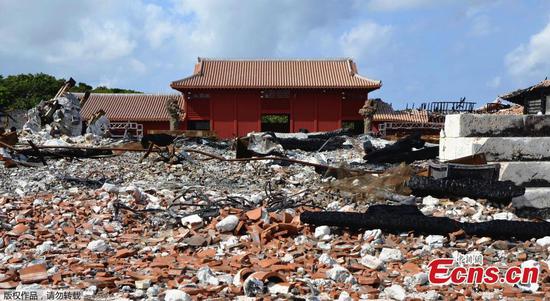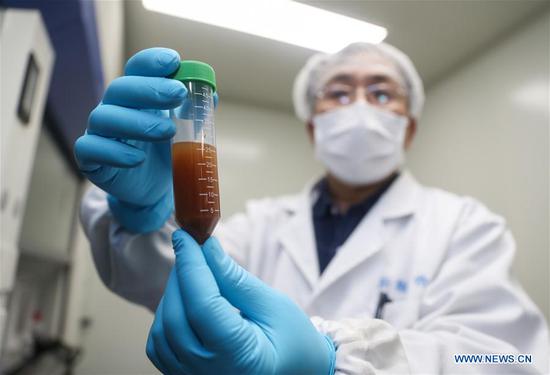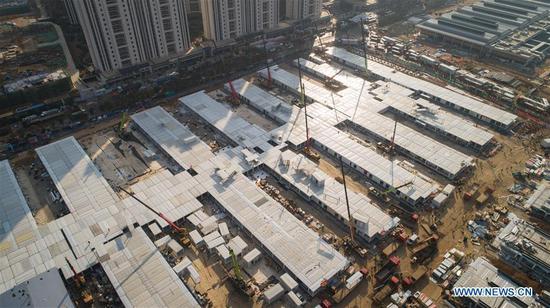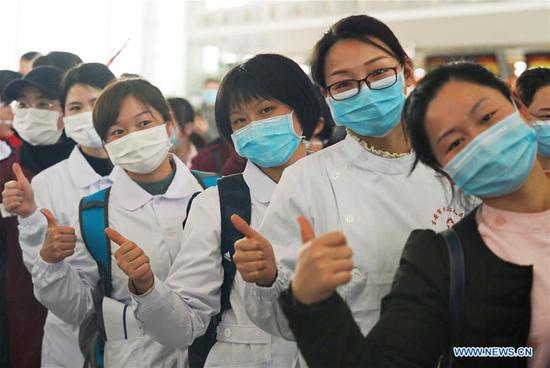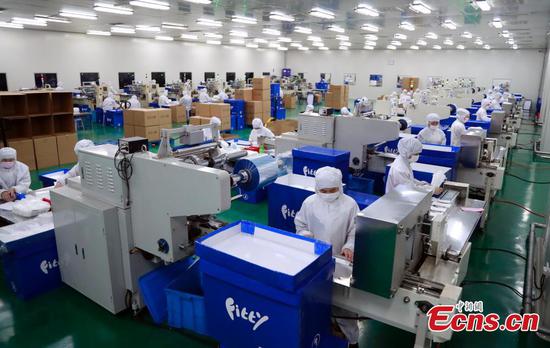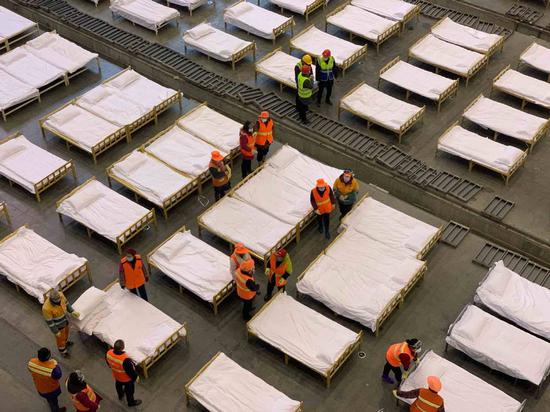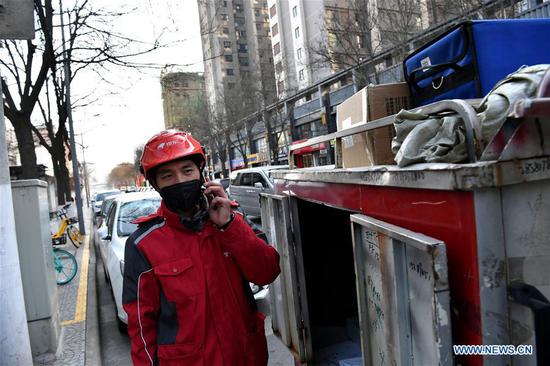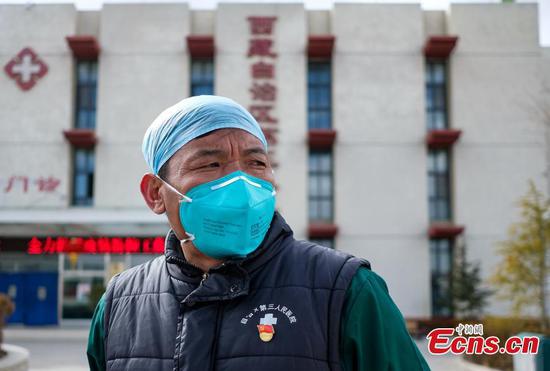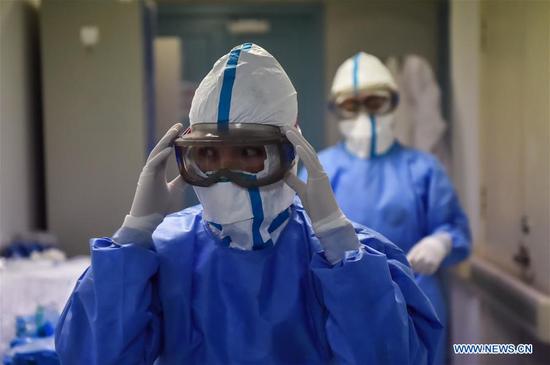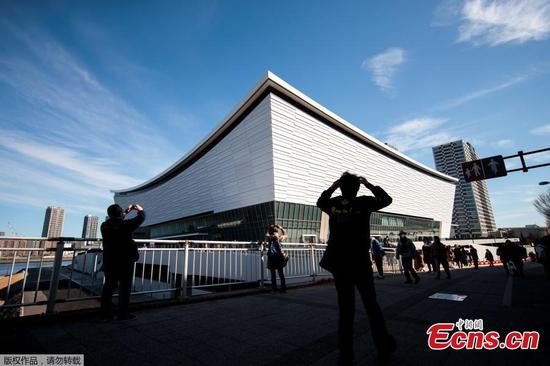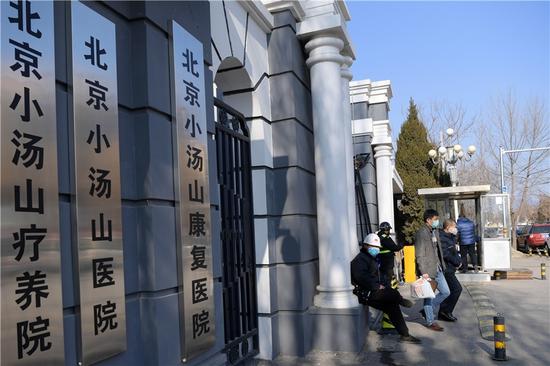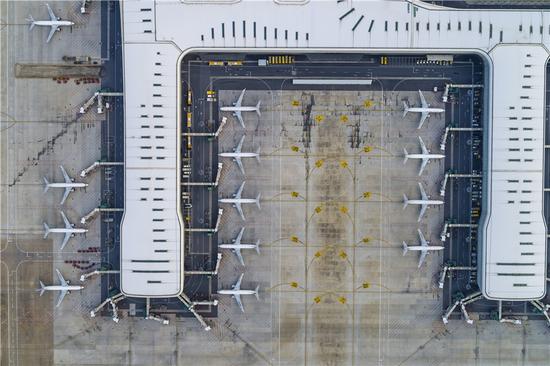The Chinese economy is expected to maintain its expansion pace as economic activity has shown signs of regaining vitality despite the ongoing coronavirus outbreak, experts said on Wednesday.
Their comments are based on the fact that some provinces have announced plans to resume normal production as early as this month and that the latest macroeconomic data indicates steady economic growth in January.
On Tuesday, Shandong announced a plan to resume full production by the end of this month, while many other provinces that have postponed reopening businesses are still deciding when to do so.
"Shandong province's decision to resume full production is a positive signal that the economy is starting to get back on a normal track," said Yang Weiyong, an associate professor of economics at the University of International Business and Economics.
More regions, except for those severely affected by the epidemic, are expected to resume full production in the near future, while taking stringent measures to prevent the coronavirus from spreading in the workplace, Yang said.
The country's third-largest province by economic output aimed to resume operations of all approved businesses in the region, prioritizing infrastructure services, hospital suppliers and energy and logistics-related companies.
Provinces including Shanxi, though without announcing specific timelines on restarting full production, have rolled out detailed regulations and supportive policies for selected companies that have or plan to restart operations including enterprises engaged in the infrastructure sector.
Shanxi has encouraged State-owned enterprises to first resume operations through flexible and remote work arrangements to prevent any workplace contagion.
"Both the real economy and financial markets are getting used to the disruptions caused by the outbreak," Yang said, adding that investor sentiment has recovered after Monday's stock market sell-off.
China's A-share market rebounded for the second trading session in row on Wednesday, with the key Shanghai Composite Index rising by 1.25 percent to close at 2,818.09.
Liu Chunsheng, an associate professor of international trade at the Central University of Finance and Economics, said the outbreak will still suppress economic activity in the near future, but economic growth should see a recovery starting from the second quarter.
"The virus outbreak is testing the Chinese economy, but it should not change the basic trend of steady economic expansion," Liu said.
The Caixin China Composite Purchasing Managers' Index — one of the most closely watched barometers of economic conditions — stood at 51.9 in January, indicating that the economy has maintained the recovery that began in the fourth quarter, media group Caixin said on Wednesday.
A PMI reading above 50 indicates expansion, while one below the mark indicates contraction.
Economists also called for more policy measures to help sustain the recovery after disruptions from the coronavirus outbreak fade.
"Policymakers need to make efforts to ensure there are no major disruptions to improving business confidence," said Zhong Zhengsheng, chairman and chief economist at CEBM Group, a Caixin subsidiary.
Liu called for more favorable policies for new businesses springing up amid the outbreak, such as online education and robotics.









